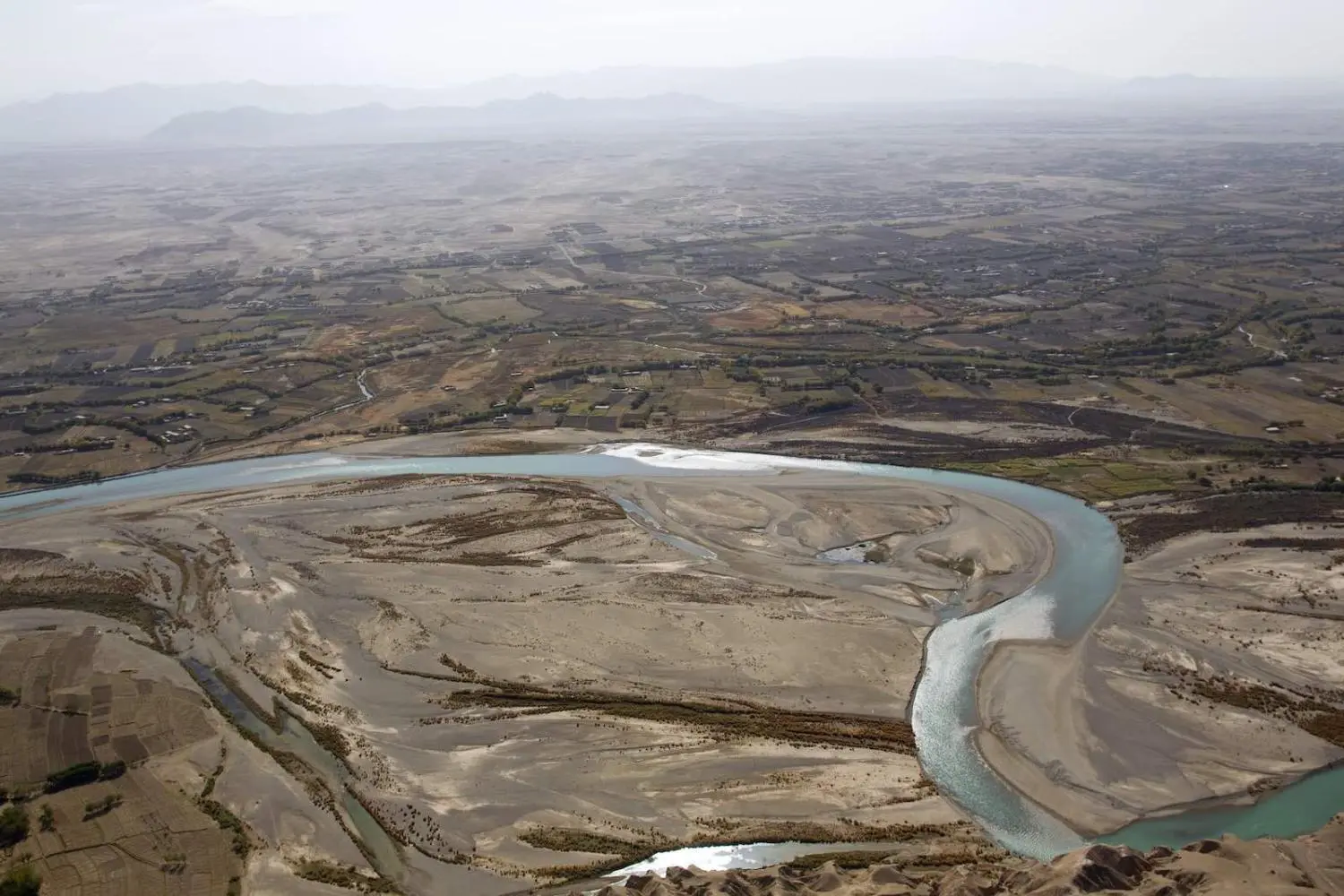The biggest annual event organized by the UN, World Environment Day is observed all across the globe. It is to raise awareness about climatic issues that the world faces in unison. In 1972, the United Nations General Assembly (UNGA) designated June 5th as World Environment Day. Since then, governments, corporations, NGOs, and citizens around the globe observe this day to address climate change and environmental issues.
South Asian Climatic Dilemma
The South Asian region is rapidly observing the shift in climatic patterns, the likes of which never seen before. This change is bound to affect every sector of these states. Over the years, South Asia has witnessed massive earthquakes, floods, cyclones and even heatwaves. Due to climate change, the region is also dealing with environmental issues. These include water pollution, soil erosion, land pollution, shortage of water, wildfires, and air pollution.
In comparison to other regions, the South Asian states have very little contribution to global carbon emissions. However, the exception lies with India. India’s carbon emission overshadows every other South Asian country. Additionally, having the majority of their population below the poverty threshold, fighting climate change becomes an even more complicated task.
Pakistan: Hosting World Environment Day
Pakistan in recognition of its efforts for combating climate change will be hosting the World Environment Day for this year. The United Nations Environment Programme (UNEP) has approached Pakistan to host the UN Environment Day 2021. Pakistan has received this honour in recognition of its Prime Minister Imran Khan’s historic speech during the highly ambitious coalition of the Convention on Biodiversity (CBD) and at the United Nations General Assembly (UNGA). The event will also mark the formal launch of the UN Decade on Ecosystem Restoration 2021–2030. This is in light of this year’s theme, which is ‘Ecosystem Restoration.’
Pakistan is highly vulnerable to the adverse impacts of climate change. Maplecroft’s (2011) Index of vulnerability to climate change ranks Pakistan 16th amongst the 170 nations of the world. The country has moved up in the vulnerability index since 2010. Previously it was rated 29th. Likewise, the Global Climate Risk Index of Germanwatch ranks Pakistan 8th amongst the 180 nations of the world. This is rather ironic for a county that contributes very little to the global Greenhouse Gases (GHGs), ranking. Pakistan is listed at 135th in the world in per capita GHG emissions.
The country has a predominantly agriculture-based economy, therefore it is particularly vulnerable to climate change, as the agriculture sector is highly sensitive to the changing patterns of climate in terms of time and location.
Despite its challenges, Pakistan efficiently took steps that are friendly to nature. Pakistan’s recognition by UNEP is a testament that projects like, ‘The Billion Tree Tsunami’ as well as the Pakistani Premier’s vocal support for global climatic regimes, provide Pakistan with the stature of being the global climatic leader.
Environmental Security Dilemma
In contemporary world politics, one can find numerous examples where environmental issues have become the primary contending issues among states. Environmental factors can swiftly change the nature of a conflict from ethnic or ideological to resource-based. For example, the rising tensions between India and Pakistan can change their dimensions from a territorial dispute to a water-based conflict. The two countries have a massive population and hardly any sufficient resources. Resultantly, lack of water resources could become one major reason behind a lethal conflict. Over the years, this issue has been avoided despite many tense instances such as the Balakot strike, Mumbai attacks, the Kashmir occupation etc.
Similarly, Iran and Afghanistan can also develop severe contentions over Iran’s Helmand River project. Iran is already under strain due to international sanctions. Subsequently, it has the potential to act violently in times of desperation. Afghanistan on the other hand has a history of turmoil, therefore it cannot cancel any infrastructure projects.
Time for a Global Redressal
It is beyond any doubt that climatic issues are a ‘tragedy of commons. They affect each and every state equally. If suffering is equal, so should be the collective response. Issues such as Ozone depletion, global warming, melting icecaps, depleting carbon resources, call for increasing adherence to the global frameworks that aim to reverse climate change. It is noteworthy that the USA rejoined the Paris agreement the very day Joe Biden took the oval office. To efficiently combat climate, change all developed nations must rejuvenate their efforts. This would not only benefit developing nations but would empirically improve living conditions for mankind.
The views expressed in this article are the author’s own and do not necessarily reflect the editorial policy of the South Asia Times.




![Ukrainian and Russian flags with soldier silhouettes representing ongoing conflict. [Image via Atlantic Council].](https://southasiatimes.org/wp-content/uploads/2026/02/2022-02-09T000000Z_1319661209_MT1NURPHO000HXCNME_RTRMADP_3_UKRAINE-CONFLICT-STOCK-PICTURES-scaled-e1661353077377.jpg)


